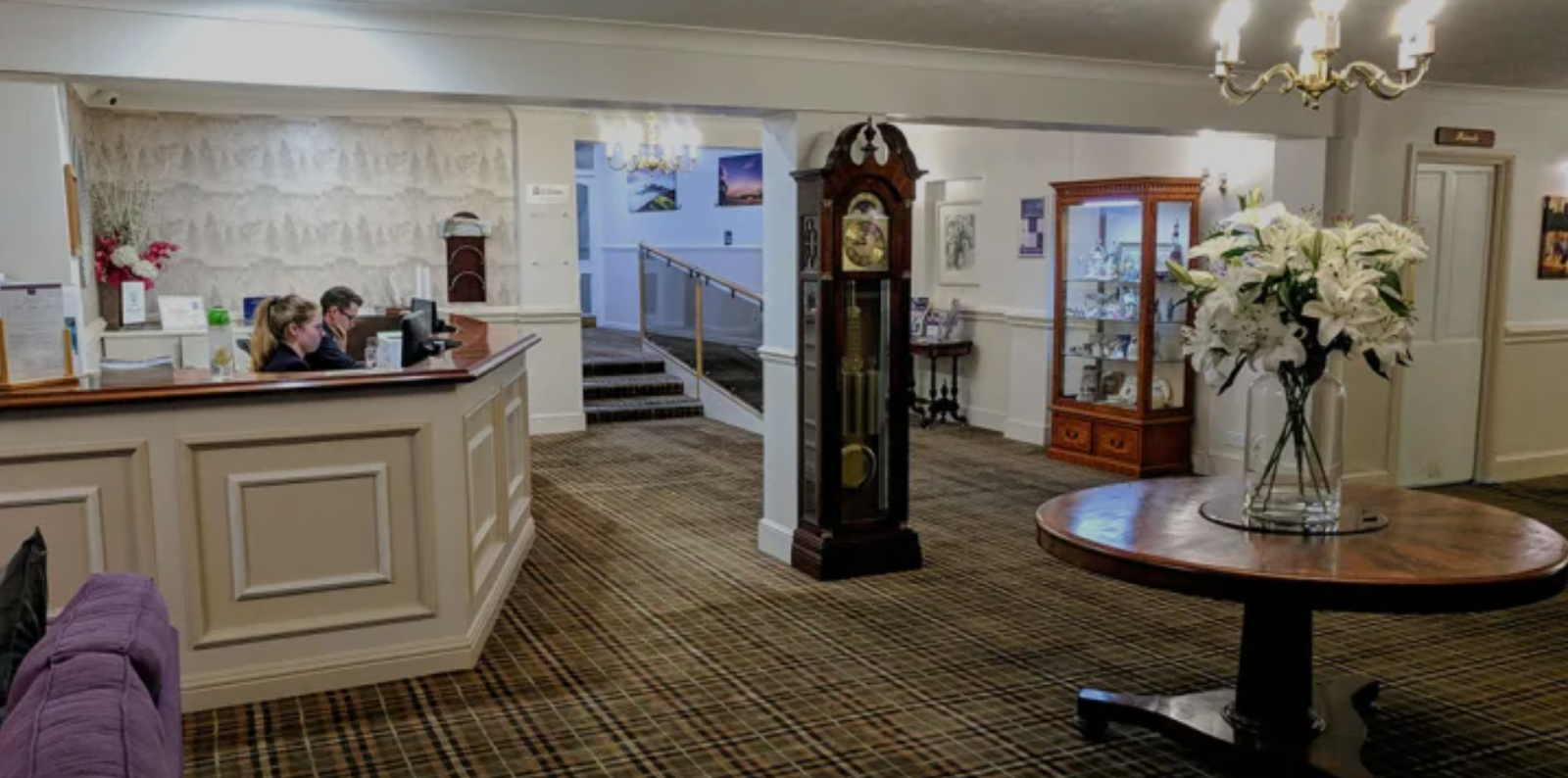Introduction
When evaluating accommodations in the United Kingdom, many travellers opt for mid-range hotel chains in the UK that offer a balanced blend of affordability, comfort, and amenities. Among these, Best Western hotels in the UK stand out for their distinctive branding and operational model. However, with strong competitors like Premier Inn, Holiday Inn Express, Travelodge, and Ibis Hotels, it’s vital to understand how Best Western compares to other mid-range hotel chains in the UK. This detailed overview explores the key advantages and drawbacks of Best Western, focusing on guest reviews, facilities, services, and overall value for money.
Pros of Best Western Compared to Other Mid-Range Hotel Chains in the UK
1. Diverse Property Styles and Independent Ownership
One of the most unique advantages of Best Western hotels in the UK is the brand’s model of independently owned and operated properties. This allows each hotel to maintain a distinct personality, design, and atmosphere. In contrast, chains like Premier Inn and Travelodge often have a uniform look and feel. For travellers who enjoy staying in character-rich buildings—such as converted manor houses, historic inns, or boutique-style hotels—Best Western offers a more personalised experience.
2. Strategic Locations Across Urban and Rural UK
Best Western has a broad footprint across the UK, from bustling cities to serene countryside locations. Whether you are visiting London for business, York for history, or the Scottish Highlands for leisure, you’re likely to find a Best Western property nearby. This wide coverage gives it an edge over some competitors, especially when it comes to leisure travel outside major cities.
3. Loyalty Programme and Partner Benefits
The Best Western Rewards Programme is often highlighted positively in reviews. Unlike some budget chains that do not offer loyalty benefits, Best Western provides points-based rewards that can be redeemed for free nights, upgrades, or retail vouchers. This programme is particularly attractive to frequent travellers or business guests who wish to accumulate benefits over time. Additionally, Best Western partners with airlines, car rental services, and shopping brands, enhancing the value of your stay.
4. Competitive Pricing for Quality Facilities
While not the cheapest option, Best Western hotels in the UK often provide a strong price-to-value ratio. Amenities such as free Wi-Fi, parking, onsite restaurants, and pet-friendly policies add to the overall appeal. Compared to budget-first chains like Travelodge, Best Western properties frequently offer more premium touches such as room service, better linens, and enhanced toiletries, all while maintaining a mid-range price point.
5. Commitment to Cleanliness and Service Standards
Post-pandemic, hygiene has become a top priority for travellers. Best Western was one of the first hotel brands to launch a comprehensive cleanliness programme called “We Care Clean.” Reviews indicate that this initiative has received positive feedback for transparency and effectiveness. While other chains also upgraded their sanitation policies, Best Western’s approach was seen as proactive and well communicated.
Cons of Best Western Compared to Other Mid-Range Hotel Chains in the UK
1. Inconsistent Quality Across Properties
Due to the independent ownership model, there can be significant variation in the quality of Best Western hotels. Some properties may be newly refurbished and offer excellent service, while others might be dated or poorly maintained. This inconsistency can be a disadvantage compared to uniformly managed brands like Premier Inn, where guests generally know what to expect.
2. Fewer Budget-Level Options Compared to Competitors
While Best Western targets the mid-range hotel market in the UK, it sometimes fails to compete with budget-heavyweights like Travelodge or Ibis Budget in terms of price. For travellers whose top priority is affordability, Best Western may not always offer the lowest rates, especially in high-demand areas. Even with occasional promotional deals, some guests feel that cheaper alternatives offer similar comfort levels.
3. Limited Presence in Some High-Demand City Centres
Although Best Western has a wide presence across the UK, it can be underrepresented in certain prime city-centre locations. In contrast, brands like Premier Inn or Holiday Inn Express often dominate central zones near train stations, airports, and tourist landmarks. This might lead travellers to compromise on location if they wish to stay in a Best Western-branded hotel.
4. Varied Design and Older Infrastructure
While characterful design is a positive for many, others see it as a downside. Some Best Western hotels in the UK are housed in older buildings that may lack modern conveniences like lifts, air conditioning, or energy-efficient lighting. Reviews have occasionally pointed out that décor, carpets, or bathrooms feel outdated. In contrast, standardised chains usually invest in continuous refurbishment across all locations.
5. Limited Consistency in Customer Service Standards
Because individual hotel owners manage their staff and operations, the guest service experience can vary widely. While many Best Western properties earn high praise for friendliness and attentiveness, others receive criticism for lacklustre service or slow response to issues. In contrast, chains like Premier Inn are often praised for their highly trained staff and service guarantees.
Suggested Links for Further Exploration
To compare specific Best Western hotels in the UK or explore loyalty benefits and promotions, visit:
- https://www.bestwestern.co.uk/ – Official Best Western UK website
- https://www.booking.com/ – Compare Best Western and other mid-range chains

